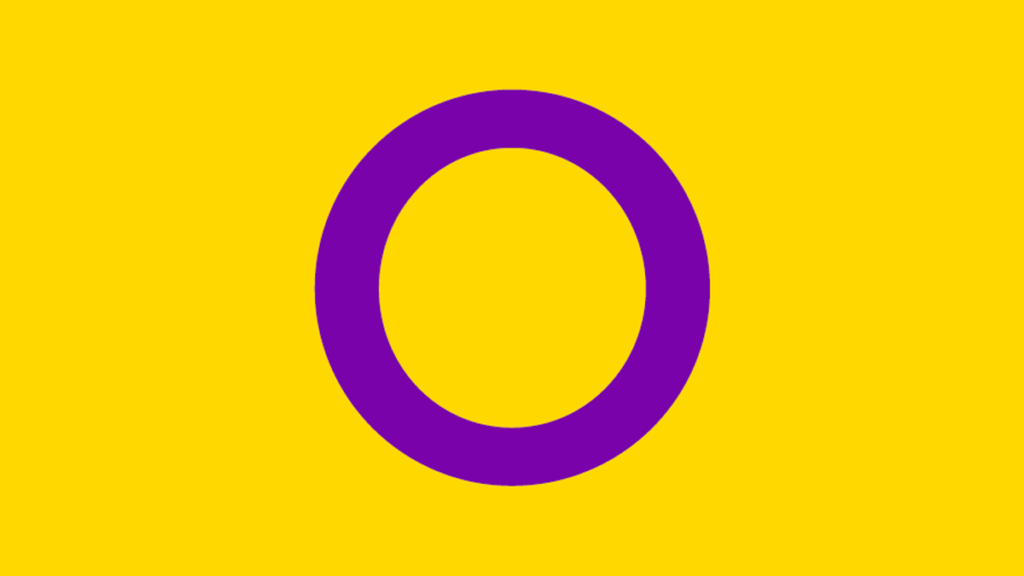Intersex people are are individuals who are born with sex characteristics that does not fit the binary definitions of male and female anatomy. These variations in sex characteristics could be variations in genitals, chromosomes, gonads or sex hormones.
‘Intersex’ is an umbrella term used to describe wide range of bodily variations. In some cases these variations in sex characteristics are visible at birth while in other cases they are not apparent until puberty.
Being intersex does not not relate to a person’s sexual orientation or gender identity. An intersex person could be gay, lesbian, straight,bisexual or asexual. They may identify themselves as male, female or both.
Intersex children in many countries are subjected to surgery and treatment to try and change their sex characteristics and appearance. This causes them terrible physical, emotional and psychological pain. They are stigmatized and also subject to torture and ill treatment thereby violating their rights as humans.
It is to be noted that due to the efforts of several intersex activists, the Madurai Bench of the Madras High Court delivered a landmark judgement 22 April 2019, that banned sex-selective surgeries on intersex infants recognising their human right and the right to bodily integrity.
It is often the case that people confuse intersex people with trans-people. As mentioned earlier, intersex people differ from trans-people as their status primarily relates to their biological characteristics and is not related to gender identites.
The United Nations Free and Equal has brought out factsheets in different languages to create awareness on the intersex. Here are the factsheets available in some of the Indian languages. Click on the link to open and download.
Bengali, Hindi, Tamil, Telugu, Urdu,
Click here to read and download the factsheet in English.

